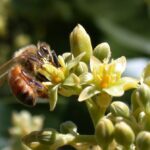The cultivation and commercialization of avocados, particularly between Mexico and the United States, are subject to a strict set of regulations and standards that ensure the quality, safety, and sustainability of the product. These regulations cover everything from farming practices and phytosanitary management in the field to the quality and food safety standards required for export. This article explores the key regulations in Mexico and the United States and how producers and exporters can comply with these standards to ensure successful commercialization.
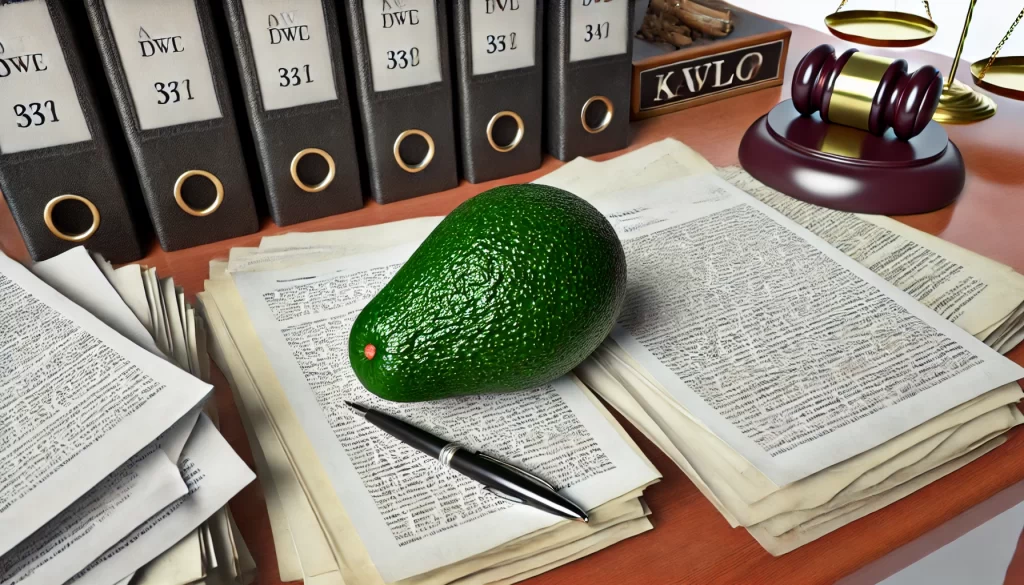
Regulations and Standards in Mexico
Mexico is the largest producer and exporter of avocados in the world, and its industry is regulated by a series of standards aimed at ensuring product quality and protecting export markets.
Phytosanitary Regulations
Phytosanitary regulations in Mexico are essential for preventing and controlling pests and diseases that could affect both domestic production and the export of avocados.
- SAGARPA and SENASICA: The Secretariat of Agriculture, Livestock, Rural Development, Fisheries, and Food (SAGARPA) and the National Service of Health, Safety, and Agri-Food Quality (SENASICA) are the main entities responsible for regulating phytosanitary practices in Mexico. These institutions oversee compliance with regulations for pest management, pesticide use, and the implementation of biosecurity measures.
- Phytosanitary Certification: To export avocados, producers must obtain a phytosanitary certification that guarantees the product is free of quarantine pests and diseases. This involves regular inspections in orchards and packing centers.
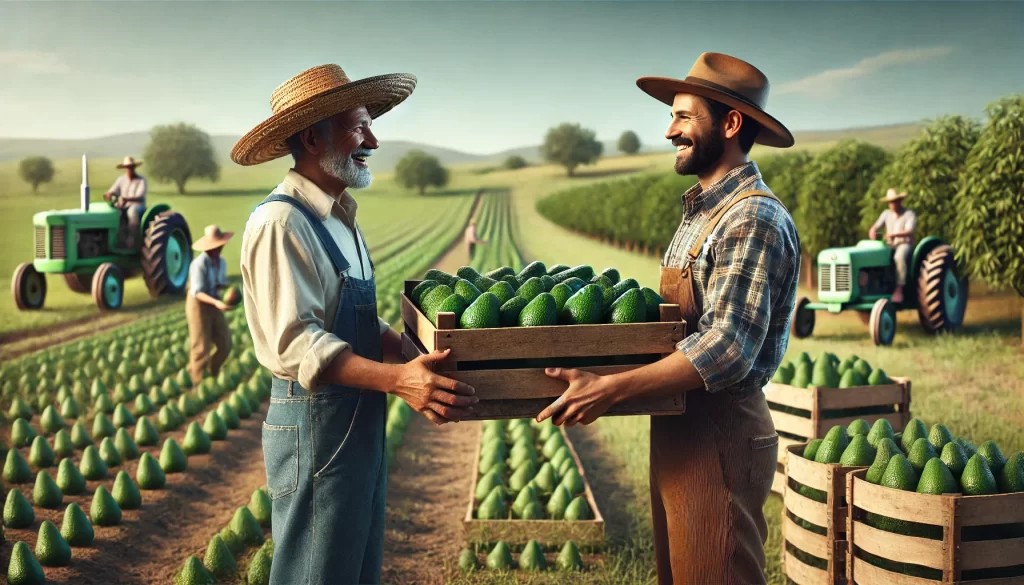
Mexican Official Standards (NOM)
The Mexican Official Standards (NOM) set the minimum requirements that agricultural products, including avocados, must meet to ensure their quality and safety.
- NOM-066-FITO-1995: This standard establishes the phytosanitary requirements for avocado production and movement within the country and for export. It includes procedures for pest management and control, such as fruit fly, and guidelines for phytosanitary certification.
- NOM-023-FITO-1995: This standard regulates the use of pesticides and phytosanitary products in avocado production, setting maximum residue limits to ensure that products are safe for consumption and comply with international standards.
Quality Regulations
The quality of Mexican avocados destined for export is evaluated according to various criteria, including size, color, texture, and dry matter content.
- Grading Standards: Avocados are graded into different categories (Extra, First, and Second) based on their quality. Only fruits that meet the highest standards are selected for export, ensuring that the product meets the expectations of the international market.
Traceability and Food Safety
Traceability is a crucial aspect of avocado export, allowing the product to be tracked from the orchard to the final market.
- Traceability Systems: Exporters must implement traceability systems that record the origin of the avocado, the inputs used during its production, and post-harvest handling. This is especially important in cases of product recalls or to comply with the food safety regulations of importing countries.

Regulations and Standards in the United States
The United States is the largest importer of avocados, especially from Mexico, and its regulations are rigorous to ensure that imported products meet safety and quality standards.
Phytosanitary and Quarantine Regulations
The importation of avocados into the United States is regulated by the U.S. Department of Agriculture (USDA) and its Animal and Plant Health Inspection Service (APHIS).
- Quarantine Regulations (7 CFR Part 319): These regulations establish the requirements for importing avocados into the United States, including the need for products to be free of quarantine pests. Imported avocados must undergo rigorous inspections to ensure compliance with these regulations.
- Post-Harvest Treatments: In some cases, avocados must undergo specific treatments, such as fumigation or irradiation, to eliminate any pests or pathogens before entering the United States.
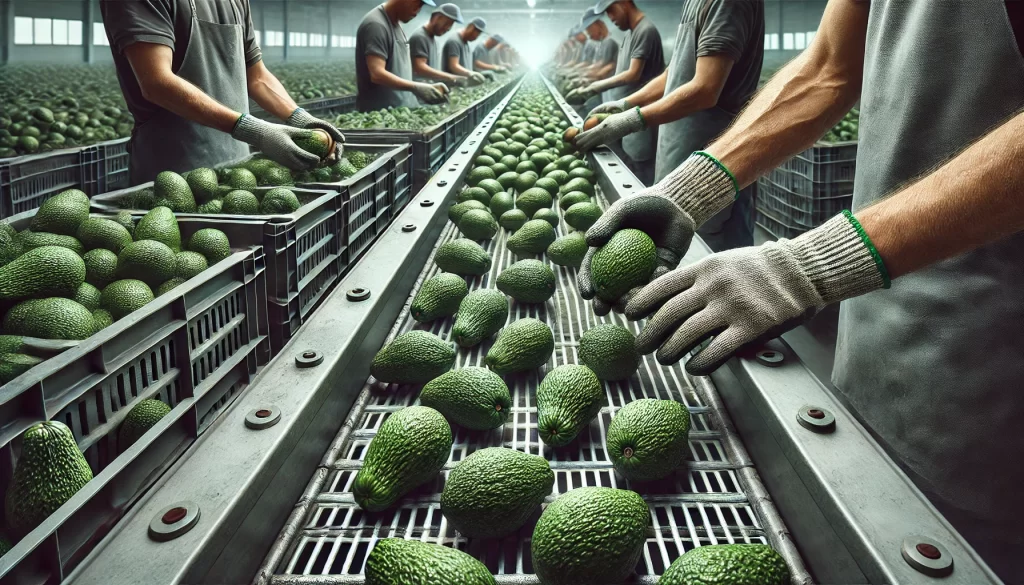
Food Safety Regulations
The Food Safety Modernization Act (FSMA) sets the standards for importing food into the United States, including avocados.
- Preventive Controls: Under FSMA, importers must ensure that the products entering the United States meet food safety standards. This includes implementing preventive controls throughout the supply chain, from production to distribution.
- Foreign Supplier Verification Program (FSVP): Avocado importers are required to verify that their foreign suppliers comply with FSMA regulations, which may include audits, testing, and other verification procedures.
Quality Regulations
The U.S. Department of Agriculture (USDA) sets the quality standards for imported avocados.
- Grading Standards: Avocados are graded according to USDA standards, which determine quality based on characteristics such as size, shape, color, and absence of defects. Only avocados that meet these standards can be marketed in the U.S. market.
Labeling and Traceability
Labeling and traceability are essential to ensuring that imported avocados meet U.S. regulations.
- Country of Origin Labeling: All imported avocados must be labeled with the country of origin and comply with USDA and Food and Drug Administration (FDA) labeling requirements.
- Traceability Systems: Implementing traceability systems is mandatory to track avocados throughout the supply chain, from the point of origin to the point of sale in the United States.
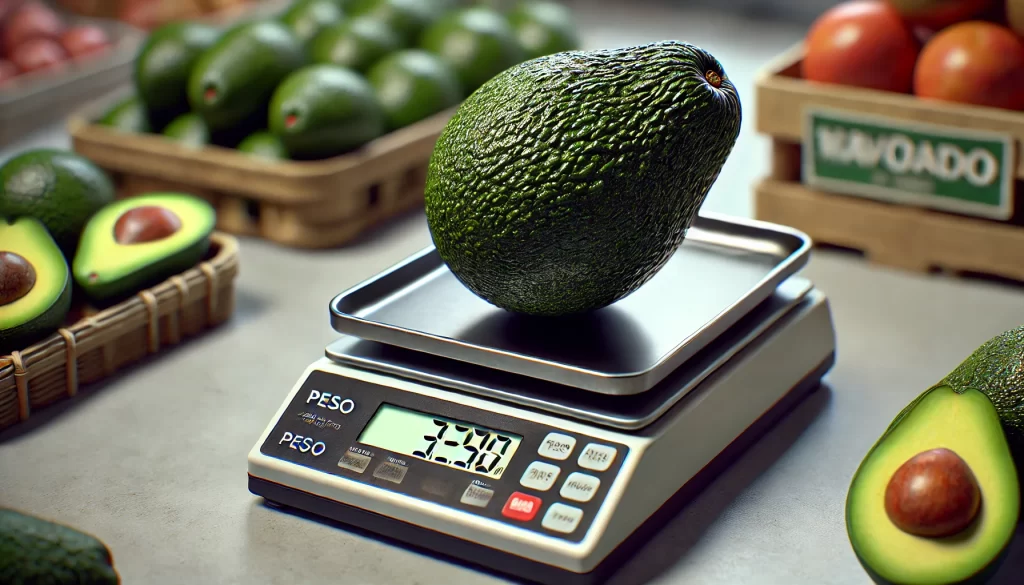
Compliance: Key to Success in the International Market
Complying with local and international regulations is essential for accessing and maintaining a presence in the export market, especially in a competitive market like the United States.
Audits and Certifications
- Regular Audits: Producers and exporters must undergo regular audits to ensure compliance with phytosanitary and quality standards. These audits can be conducted by both national authorities and international clients.
- International Certifications: Obtaining international certifications, such as GlobalGAP, can facilitate access to demanding markets and demonstrate a commitment to best agricultural and post-harvest practices.
Collaboration with Regulatory Entities
- Proactive Collaboration: Exporters should proactively work with regulatory entities in Mexico and the United States to stay up-to-date with any changes in regulations and ensure continuous compliance.
- Training and Education: It is crucial that producers and exporters receive ongoing training on applicable regulations and standards to ensure that all farming, post-harvest handling, and marketing practices meet the required standards.
 AgronoBlog – Agriculture Blog
AgronoBlog – Agriculture Blog 